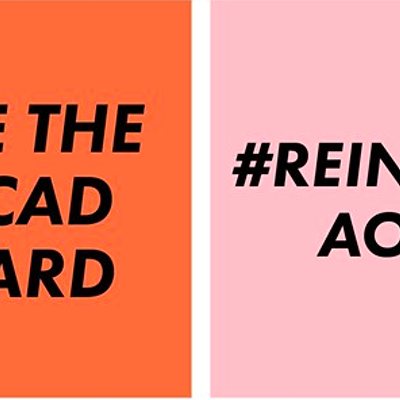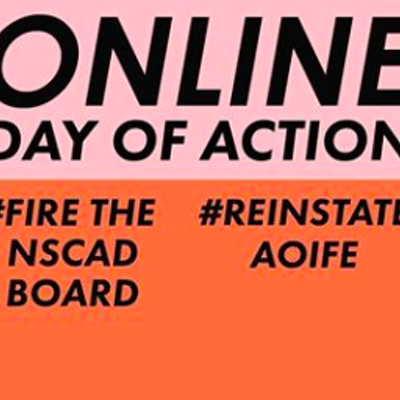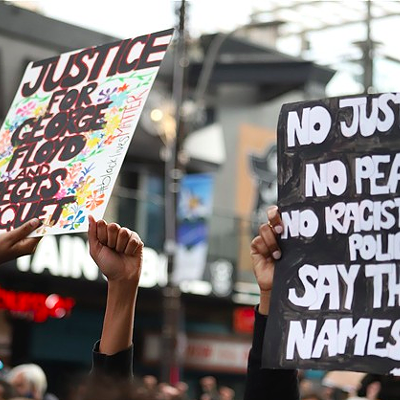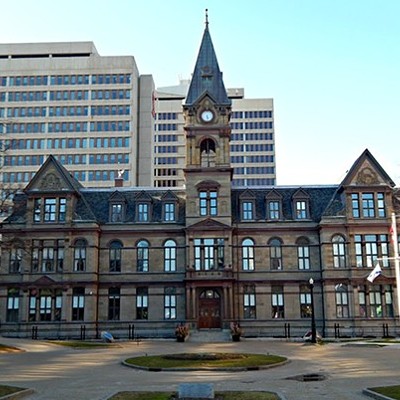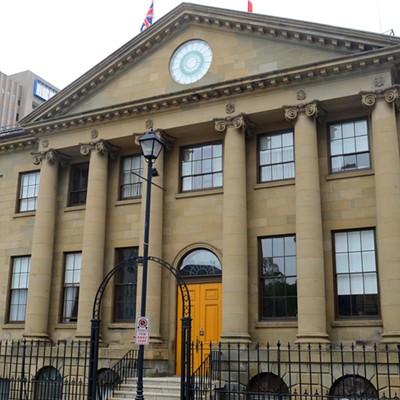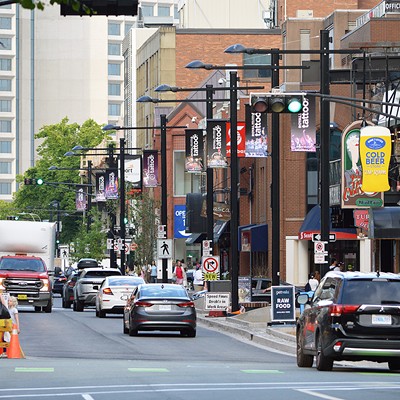But the problems keep coming. The oil spill has totalled over $190,000 in cleanup costs so far and the price tag keeps getting larger. Luong’s insurance will pay for a portion of the cleanup---$220,000 worth---but once he gets to that total, he’s on his own.
Whoever cut the line (Luong has captured the perp on camera, but his face is covered) can be charged with mischief over $5,000, but under the Nova Scotia Environment Act it’s Luong who’s stuck with the bill. “The cost for environmental cleanup is not cheap,” he says. “It all depends on what they have to do.”
According to the Insurance Bureau of Canada, domestic oil spills average between $250,000 and $500,000 in cleanup costs, with some projects costing considerably more. For Luong, costs of that kind would not only spell bankruptcy for his business, it would also devastate his family. That’s because Luong is the primary provider for his extended family in Vietnam and also one of the primary providers for his disabled mother in Halifax.
“I am the main income here. I have to look after everything,” he says. “I cannot lose this business.”
Domestic fuel spills are fairly common, says Paul Currie, a technical specialist at the provincial Department of Environment & Labour. “We do use a lot of furnace oil in the province. I think there are a couple hundred thousand domestic oil tanks. On that basis itself it’s fairly frequent.“
Currie says that many homeowners rely on private insurance to cover the cost of oil spills, but typically the homeowner pays out of pocket too. It may sound callous, he says, but homeowners are required to cover the costs of cleanup, regardless of whether or not they can afford to.
There is a bit of wiggle room. If the spill is not causing any immediate environmental damage, homeowners can apply to have the deadline extended past the ideal limit of four months. But even with an extension, homeowners generally have less than a year to complete the cleanup, and the possibility of a deadline extension doesn’t help Luong sleep any better at night.
“It still doesn’t make any difference,” he says. “In the end you still have to pay for that.”
So far Luong has been pleading his case to the inspector assigned to oversee the cleanup. The inspector is trying to work within his budget, Luong says, but there are no guarantees. Meanwhile, Luong worries about other bouts of vandalism and is convinced that someone is out to force him out of business. If his costs keep going up, they might succeed.
“I respect the environmental laws. I think we live in a good environment because of it, it’s a good idea,” he says. “But on the other side of that I am a victim too.”


